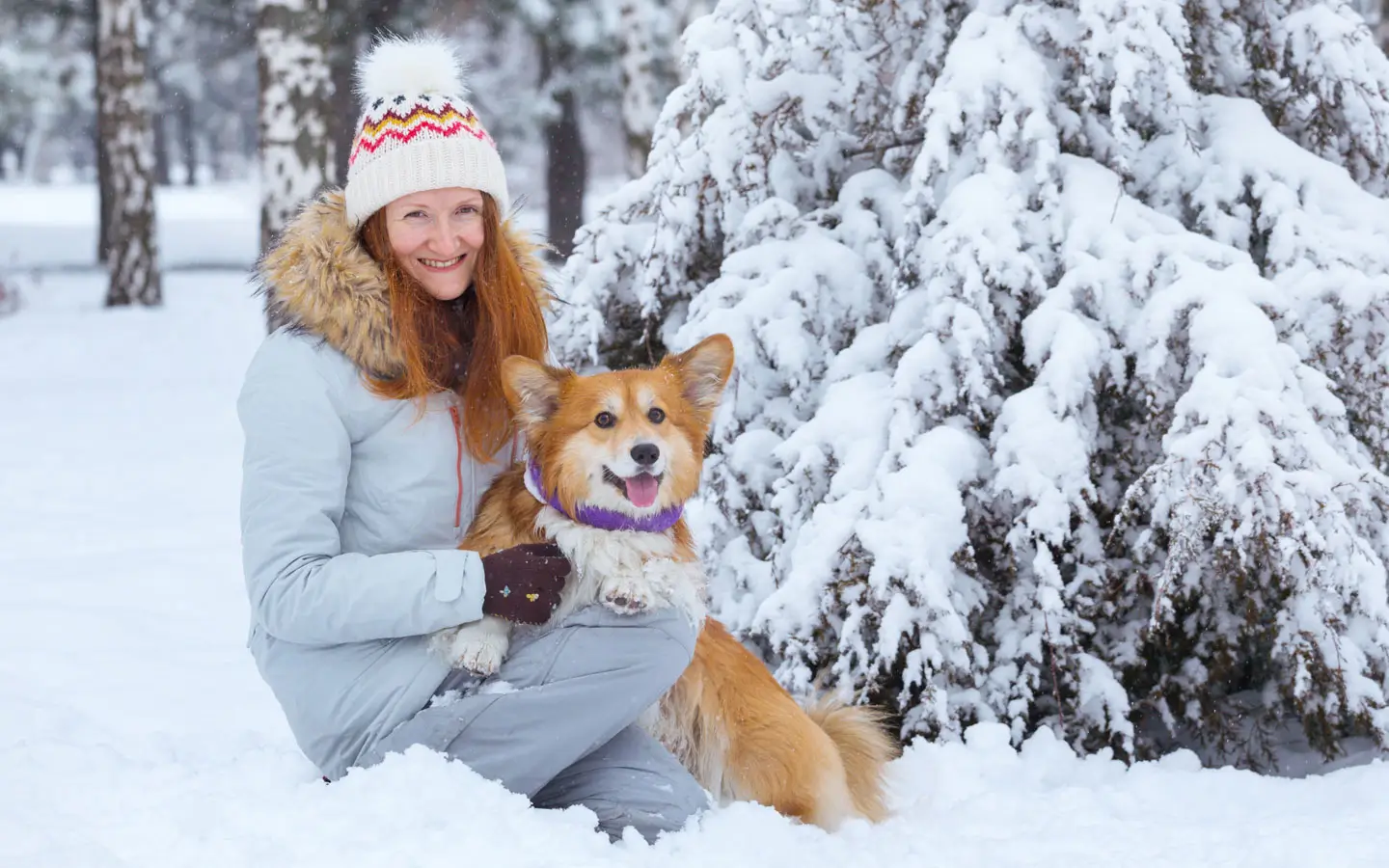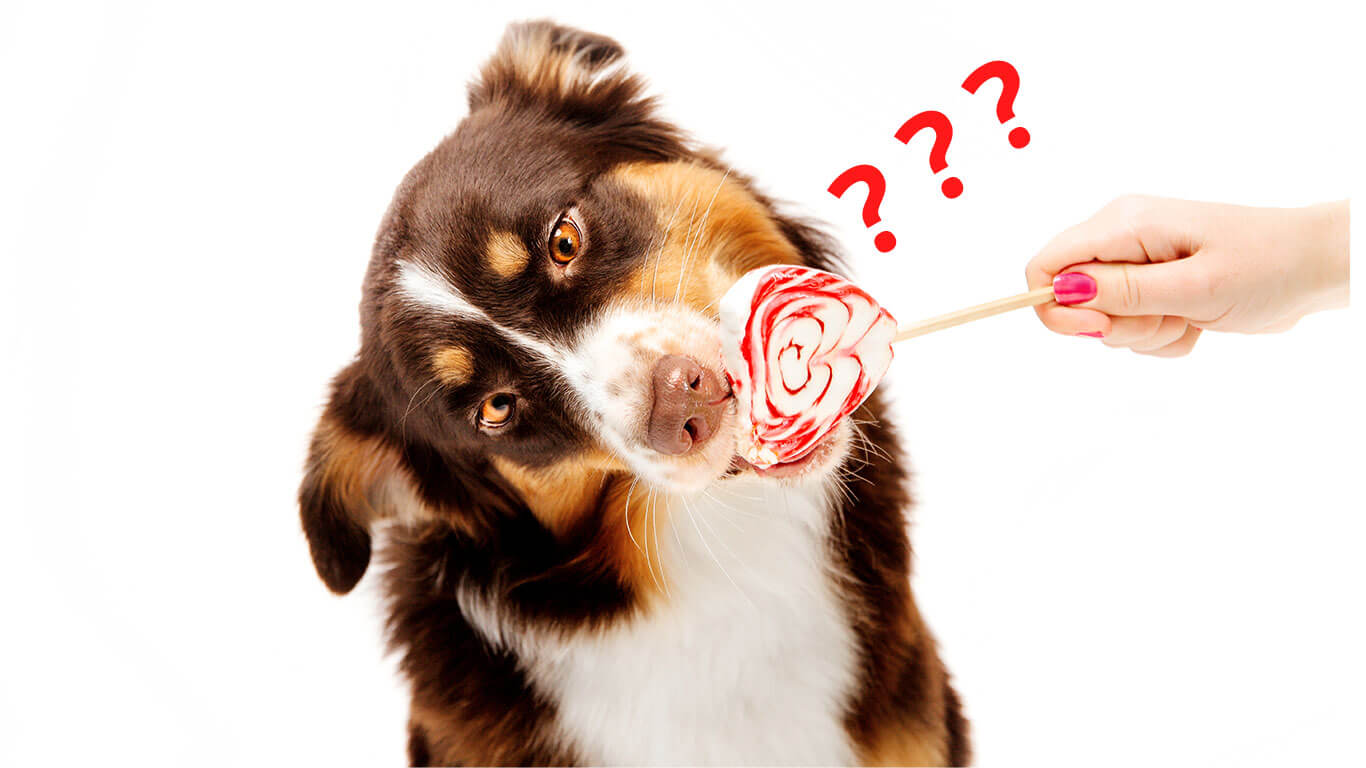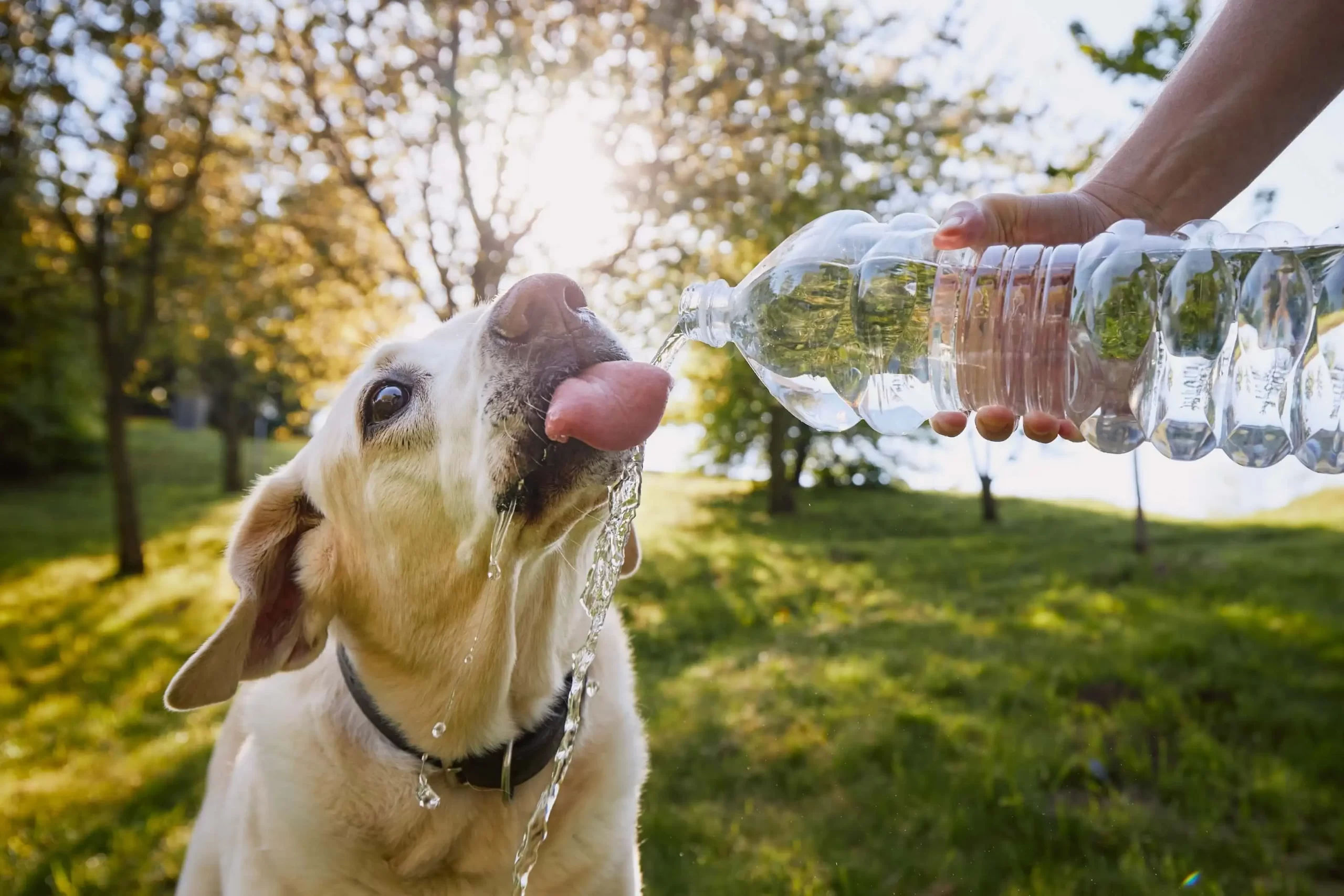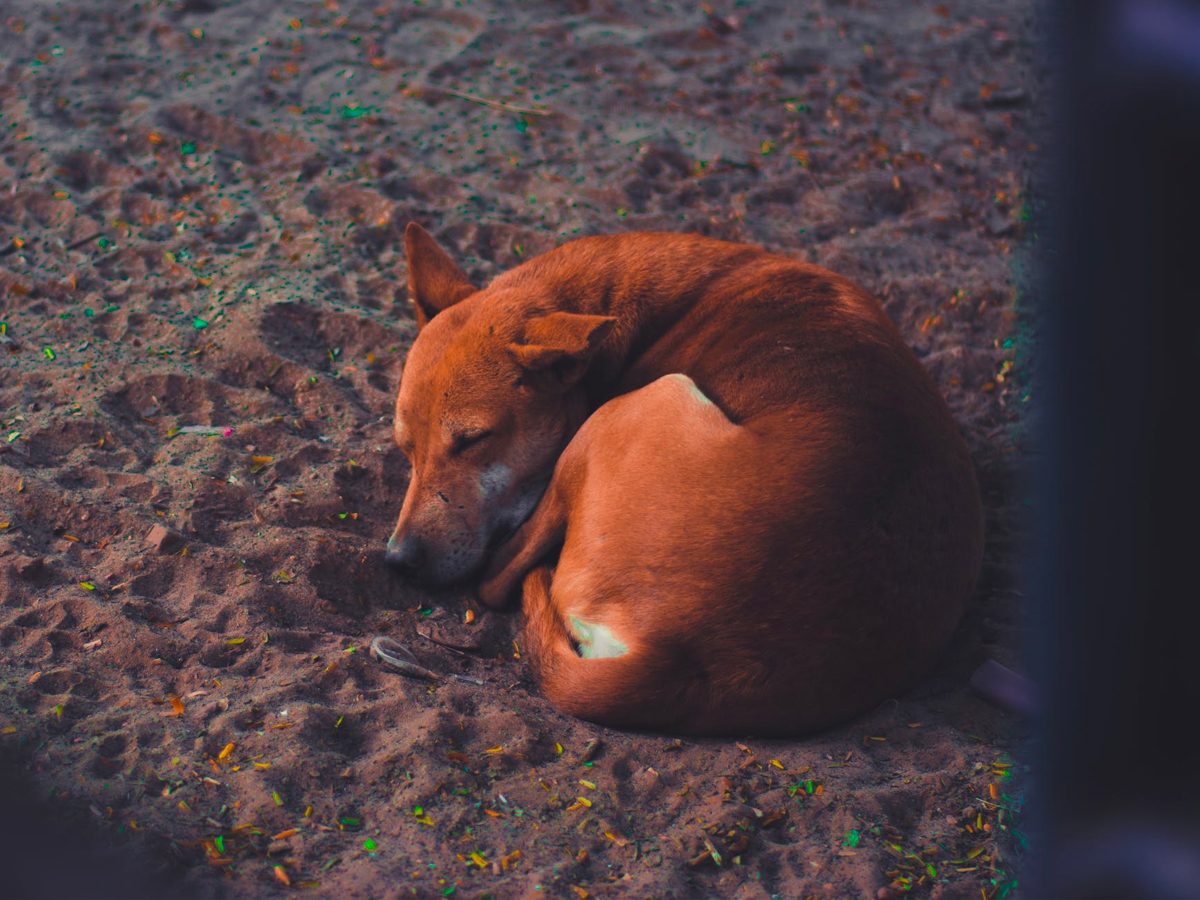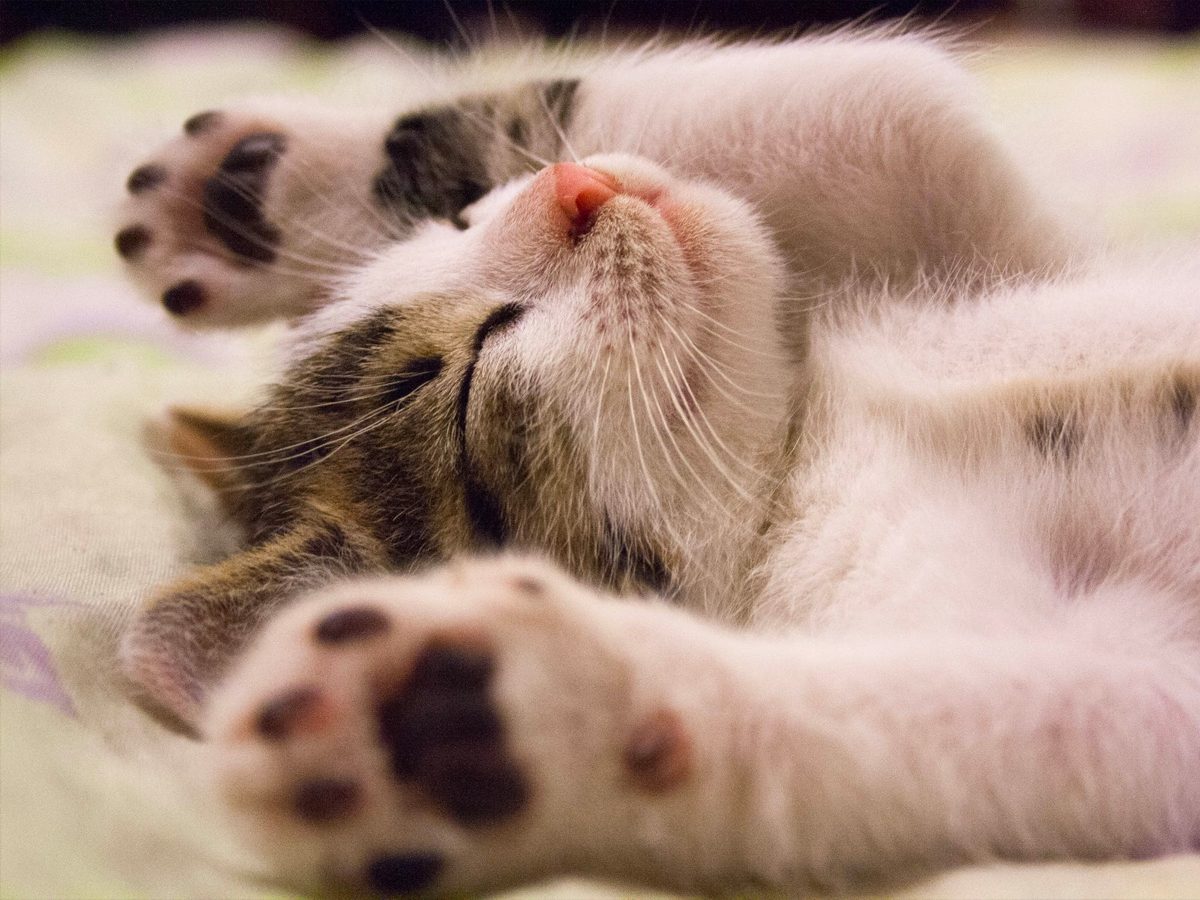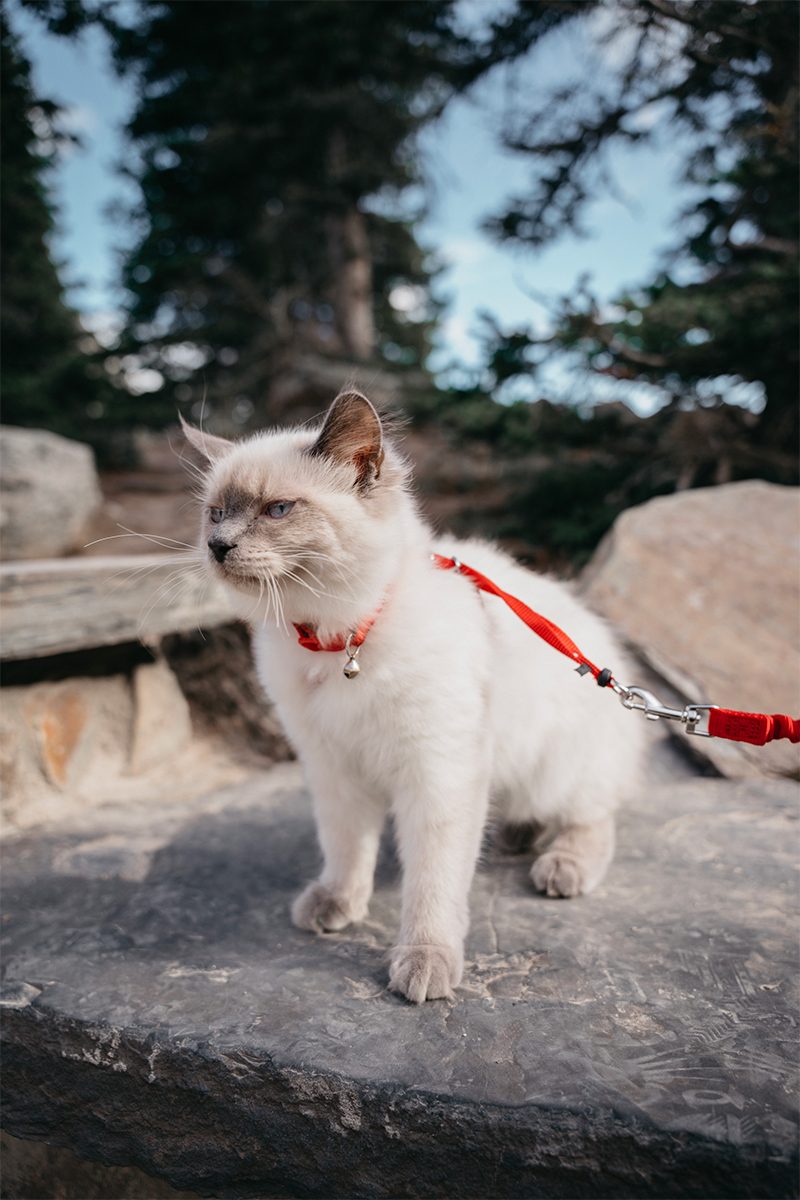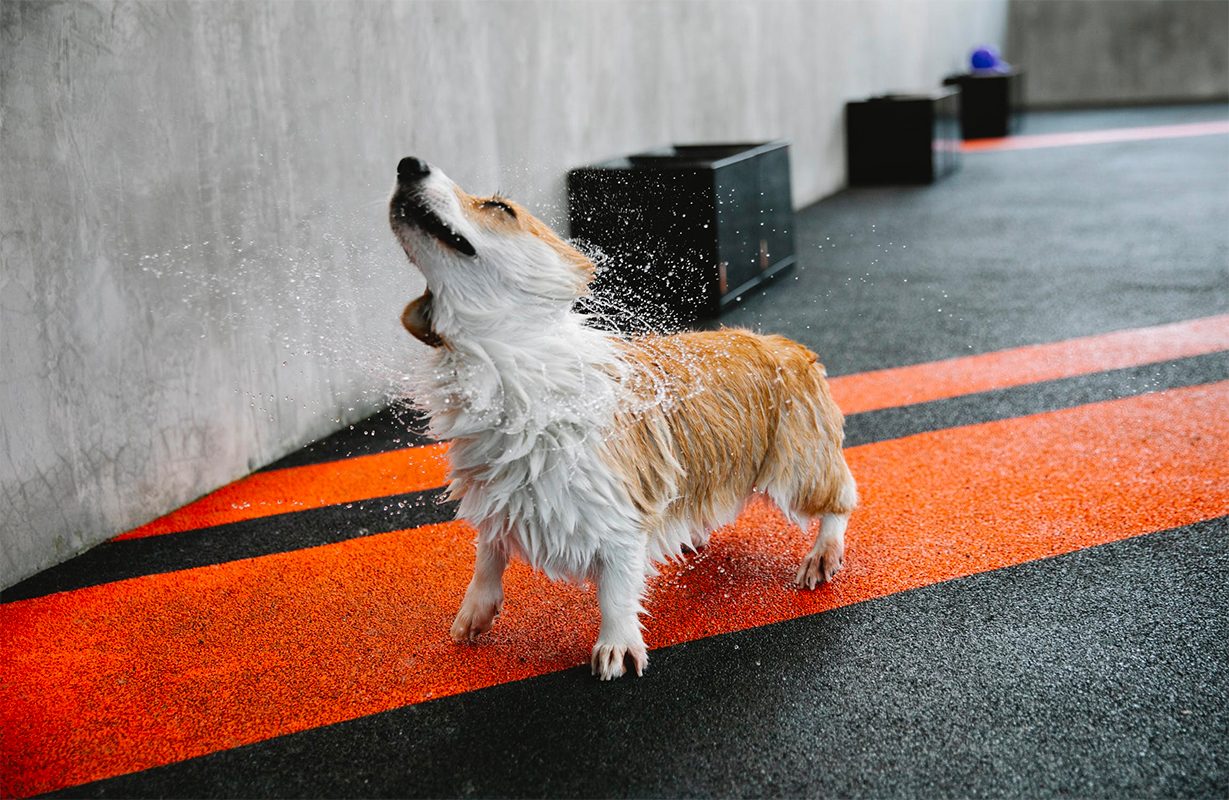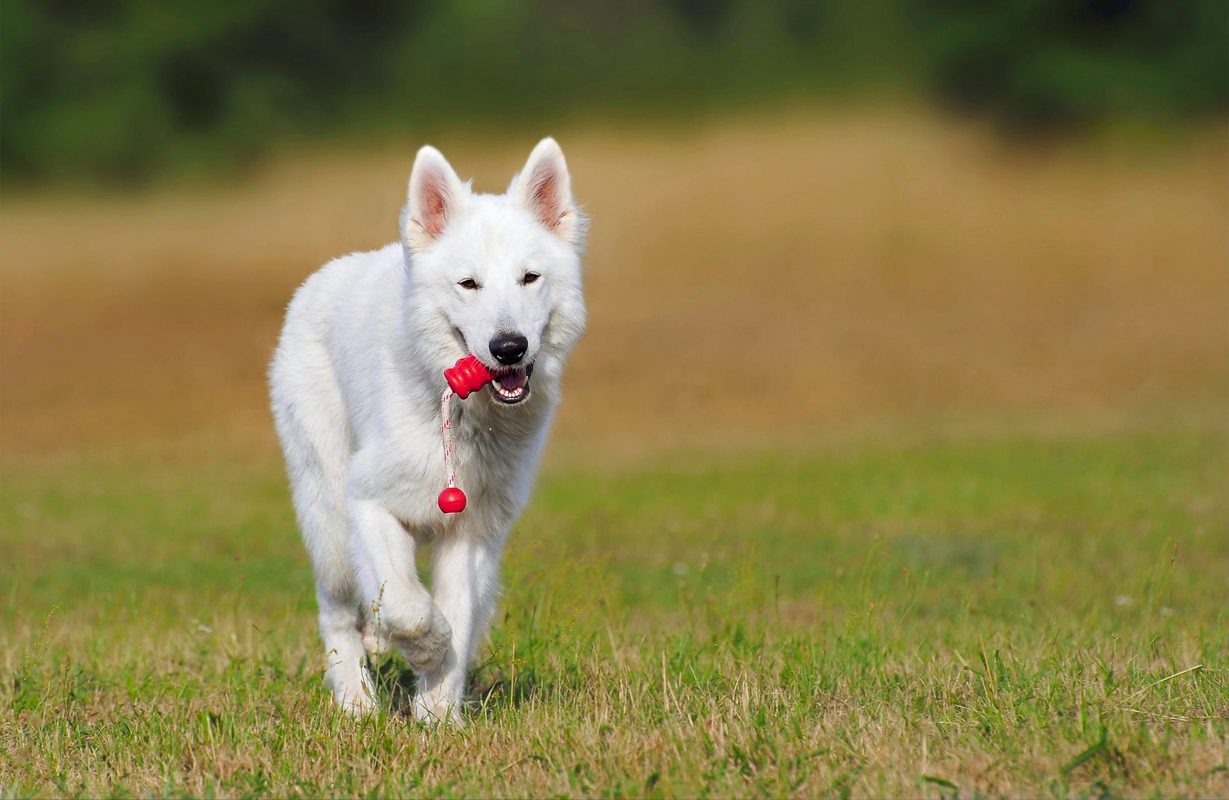Is your furry friend feeling a little worse for wear after the festive season?
Don’t worry, you’re not alone! Just like us humans, our pets can benefit from a fresh start in the new year. Ditch the resolutions about kale and treadmills; here are 5 fun and achievable ways to make your pet happier, healthier, and ready to wag (or purr) their way into a fantastic year.
Pet Health check
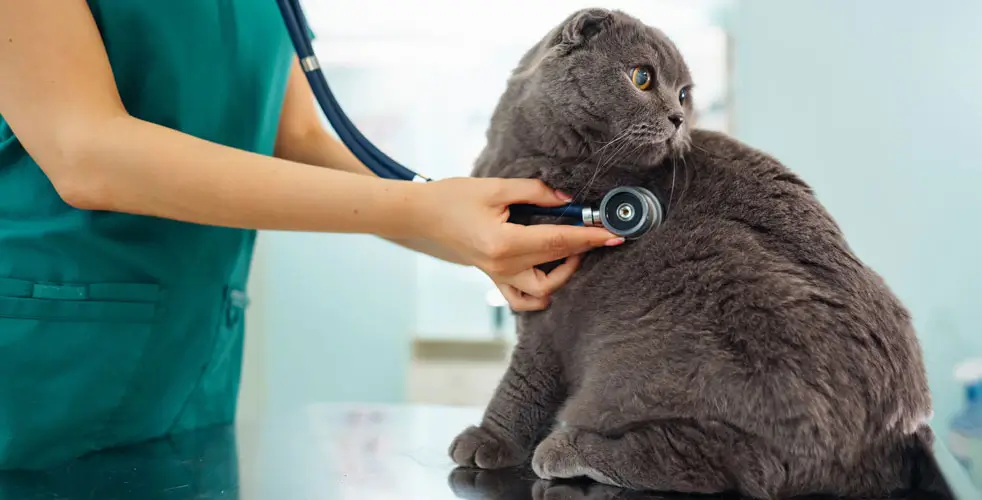
Health is the greatest wealth!
Annual examinations are important for the long-term health of your pet and can detect any problems earlier that you may not notice. Vaccinations are also given annually so this ensures your pets are protected from nasty diseases.
You should mention any concerns you may have to your vet at the health check, and your Veterinary Surgeon will assess your pet’s vital signs such as listening to their heart, palpation of their abdomen to feel for any abnormalities, checking their teeth, eyes and ears, as well as taking a full clinical history on your pet.
Regular physical examinations by a Veterinary Surgeon or Veterinary Nurse can pick up subtle signs of discomfort or illness which your pet may not make obvious to you, as animals are very good at hiding things. The earlier the diagnosis, the better the prognosis will generally be, whether this involves surgery or medication.
If you are worried about your pet’s anxiety, feel free to give us a call so that we can do our best to accommodate your and your pet’s needs.
Pet Enrichment
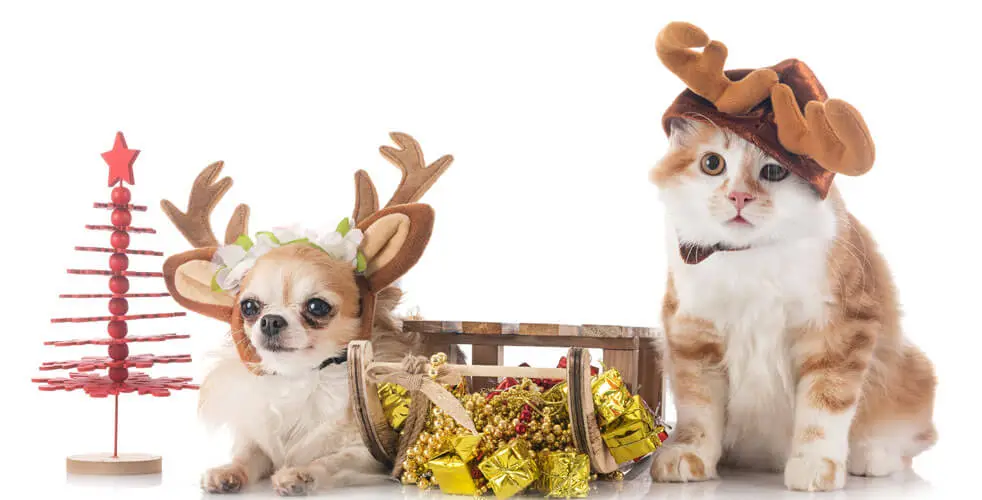
Play more and stress less! Interacting with your companion helps keeps their mind busy, helps increase bonding time with the family and reduces stress levels for your pet.
It is important for you to provide your pet with safe and suitable opportunities to exercise their body and mind during every stage of their life. This is essential for the mental health of all dogs to allow them to engage in natural behaviours such as, smelling, digging, running, exploring.
Enrichment activities prevent boredom, build confidence and teach skills such as problem-solving and agility. It allows your pet to chew appropriately and manages their energy levels, encouraging calmer behaviour.
Pet First aid
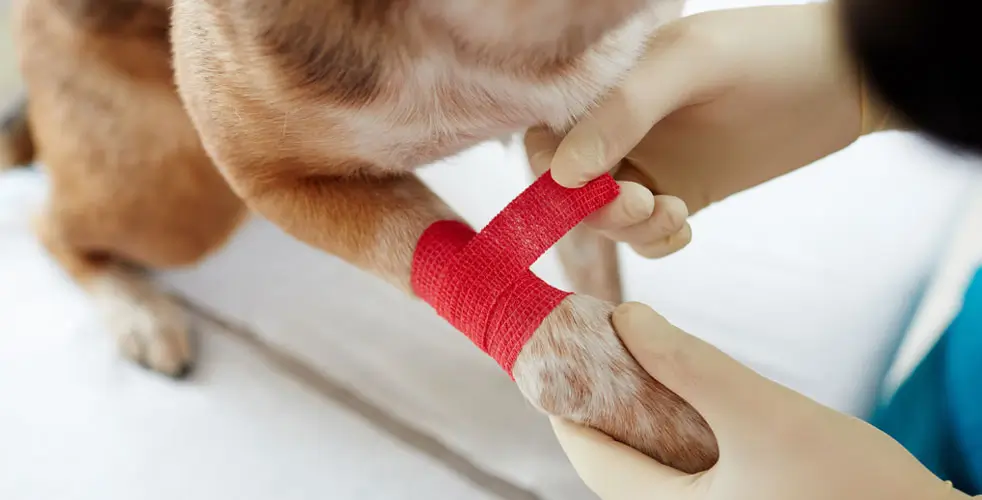
Improve your knowledge on pet first aid – in case of emergency or if there are no local vets close to you, it is worth researching some basic first aid for animals in case of an emergency. It could save a pet’s life.
For example, if your pet is bleeding from a wound:
- With clean hands assess where blood is coming from.
- Apply firm pressure over the area with a clean towel.
- Try to keep your pet calm.
- Call your vet.
- Transport your pet to the practice and bring someone to look after your pet whilst transporting.
If your pet has had a seizure (paddling, moving paws randomly, not responding to name/stimulation):
- Keep lights in the surrounding area dimmed and keep them in a quiet area (with little stimulation)
- Ensure your pet is in a safe area and isn’t going to cause more harm to themselves. Be aware that when an animal has a seizure they are not in their normal frame of mind and that they can display behaviours they might not have shown before, such as aggression.
- Filming or noting down the time of the seizure is helpful for your vet.
- After the seizure has finished, call your vet for advice and keep your pet calm.
- Your pet may want to move around/eat immediately after seizure activity. Be aware that your pet may be disorientated and/or blind post seizure so try to keep them in a safe, contained area.
- It is normal for your pet to urinate/defecate and salivate more than usual during/after seizure activity.
These are a couple of examples, but you never know when you may need to be prepared for certain scenarios. If unsure always call your Veterinary practice.
Pet Oral hygiene
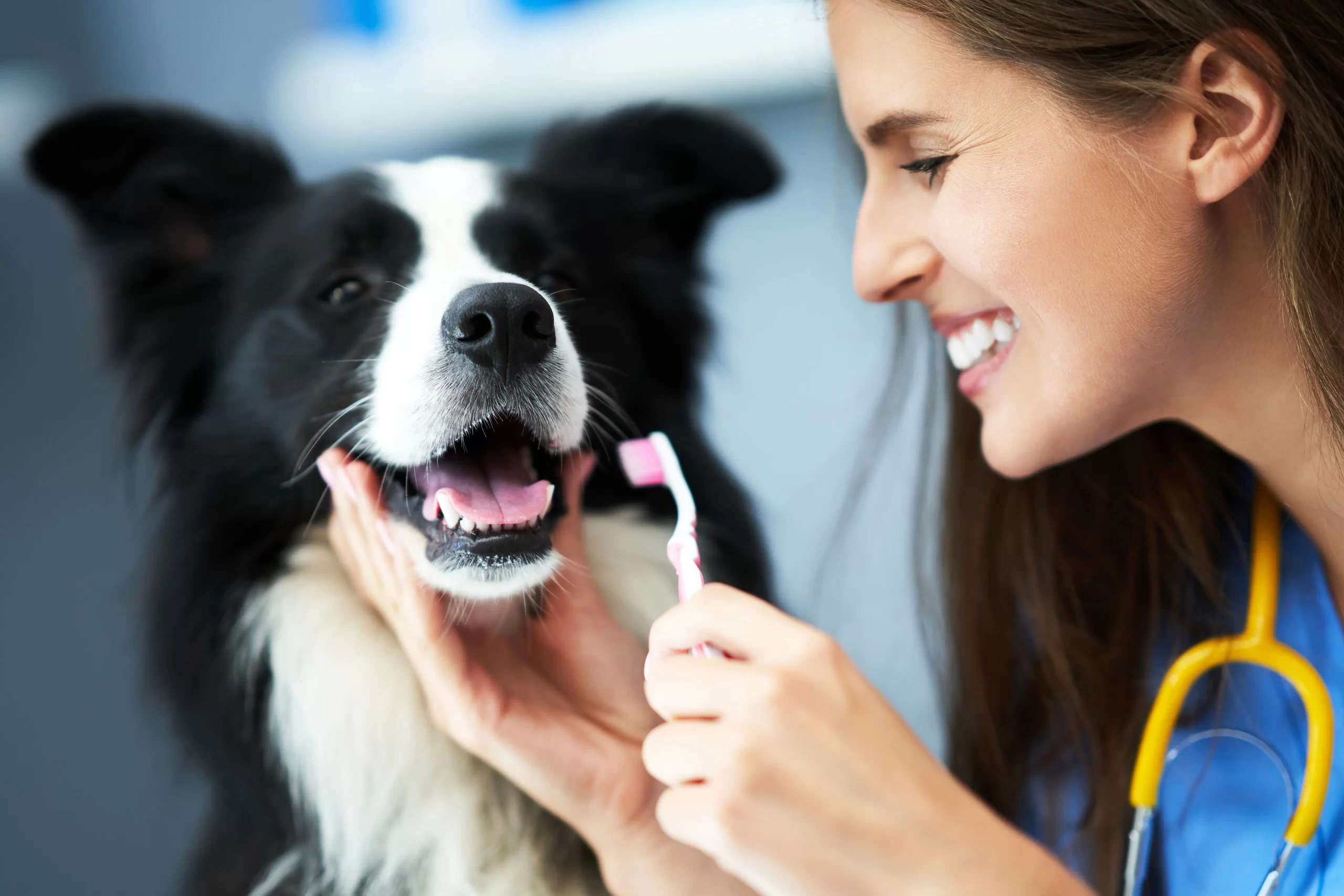
Brush your pet’s teeth! Oral hygiene is especially important as it plays a key role in everyday activities for your pet. Periodontal disease can cause your pet discomfort and can also lead to other conditions such as potential heart problems.
In an ideal world it is better to start cleaning your pet’s teeth when they are young (a puppy or a kitten). We also advise to brush your pet’s teeth regularly so that they get used to it.
Human toothpaste is not suitable for pets. Since it is designed to be spat out it can cause digestive disturbances. Human toothpaste also contains a high sodium content and Xylitol, which is toxic to animals.
Since your pet’s mouth contains lots of bacteria, we would advise wearing gloves while brushing your pet’s teeth and would also recommend washing your hands thoroughly after brushing.
You can visit a Veterinary Surgeon or Veterinary Nurse if you have any concerns regarding your pet’s dental health. We also can advise on toothpastes suitable for your pet.
PET Weight
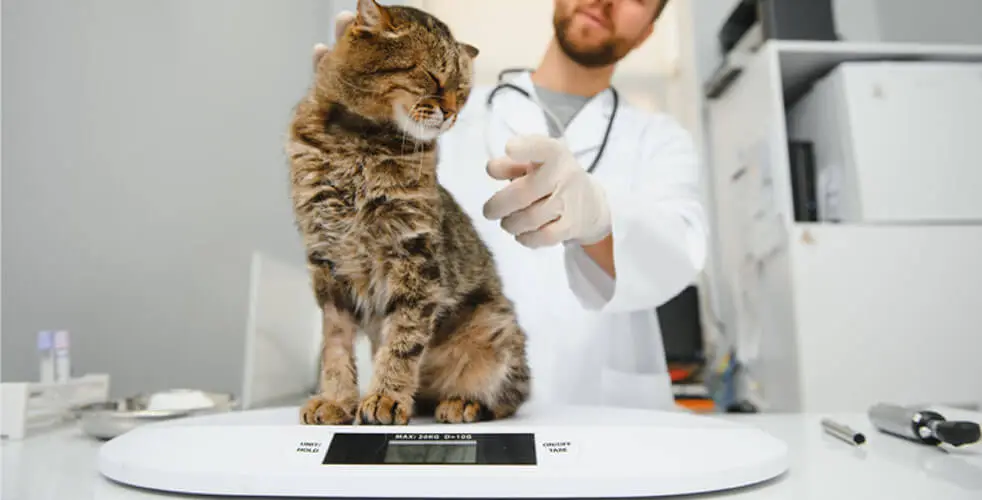
Maintain a healthy pet weight! Look after your pet’s weight (especially after Christmas!) for better overall health and to reduce the risk of conditions such as Diabetes/Heart problems/arthritis in the future.
It is also very important that we keep an up-to-date weight of your pet for medical reasons, such as ensuring that the correct strength of flea and worm treatment can be given, accurate dosing for other medications if needed and so we can also advise on feeding amounts.
There are prescription diets available that can be tried if you are struggling to help your pet to lose weight, as it is not always the amount of food consumed that can cause your pet to become overweight. The quality of your pet’s diet is also very important. Treats should never make up more than 10% of your pet’s diet, even when you are using them for training. Avoid feeding your pet any fatty human foods (e.g. cheese, sausage)
A consistent exercise routine is important for all pet cats, dogs and rabbits.
Just like humans, if pets don’t burn enough energy it is stored as fat. A lack of exercise can decrease your dog’s metabolism, meaning that they burn fat slower than a dog with a consistent exercise routine.
Did you know – after neutering a pet’s metabolism can decrease, causing an increase in weight. You can reduce the weight gain post neutering by reducing your pet’s calorie intake by 10% – 15% or by feeding a ‘neutered diet’.
If you have any concerns regarding your pet’s weight you can book an appointment with a Veterinary Nurse for a weight check and can discuss any concerns you may have.
As Conclusion:
From annual checkups and playtime enrichment to brushing those pearly whites and keeping the pounds at bay, these resolutions go beyond the bowl and the bone. By incorporating these simple steps into your routine, you’ll not only be giving your pet the gift of good health, but also strengthening the bond you share. So, what are you waiting for?

